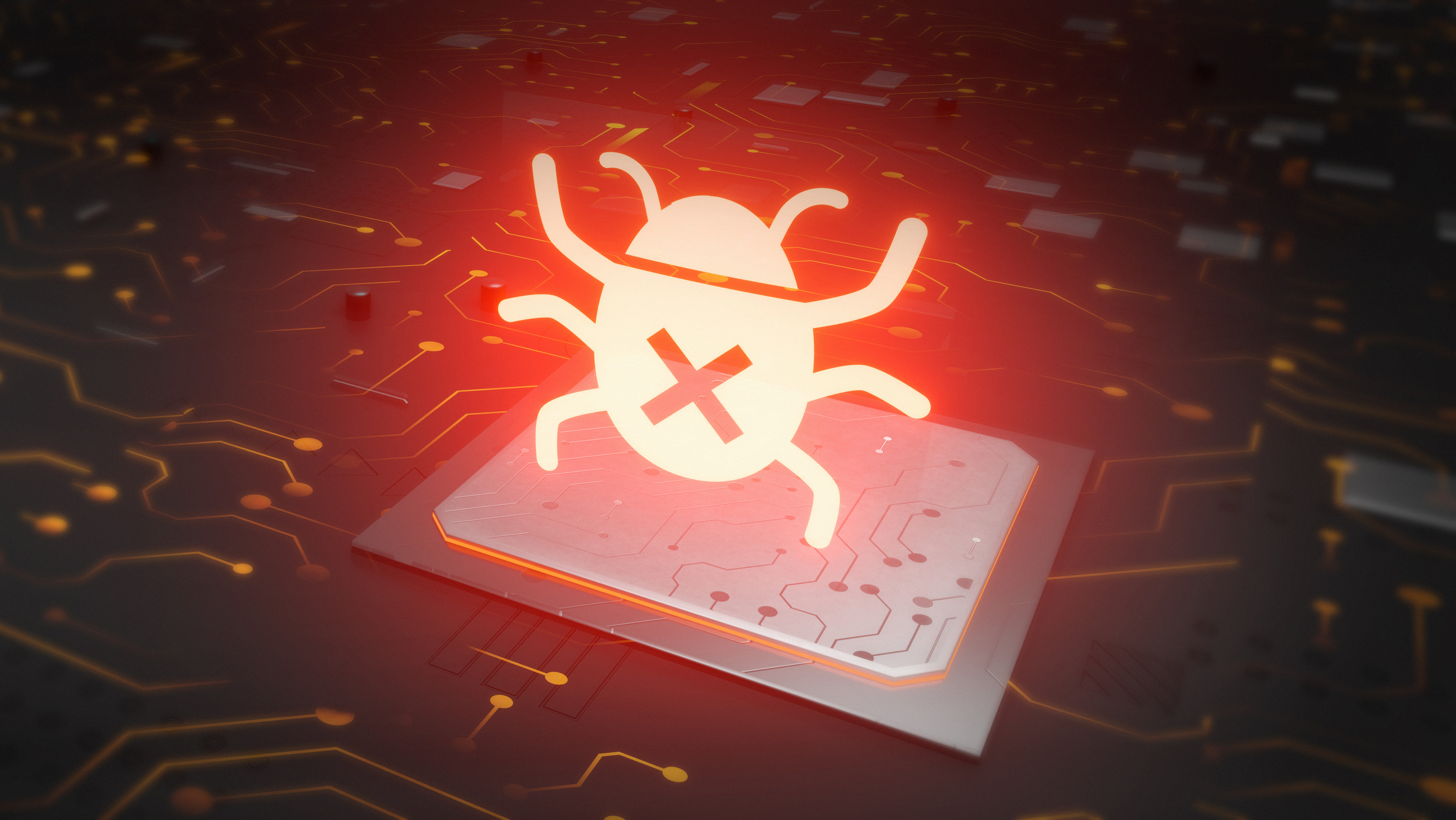On June 6, 2024, PHP maintainers released critical updates addressing a severe vulnerability affecting PHP installations in CGI mode. Concurrently, researchers at DEVCORE published a comprehensive analysis detailing the vulnerability’s impact. This vulnerability, identified as CVE-2024-4577, has a CVSSv3 score of 9.8, highlighting its critical nature. This article provides an in-depth exploration of CVE-2024-4577, its origins, potential impacts, and the necessary steps for mitigation.
Background
CVE-2024-4577 is an argument injection vulnerability in PHP, which can lead to remote code execution (RCE). This flaw stems from errors in character encoding conversions, particularly affecting the “Best Fit” feature on Windows. The vulnerability is notable as it bypasses the patch for an older vulnerability, CVE-2012-1823, which was believed to be resolved more than a decade ago.
Vulnerability Details
The vulnerability arises when PHP is configured to run in CGI mode, a mode considered insecure and prone to various attacks. DEVCORE’s analysis identified two primary scenarios that increase the risk of exploitation:
- PHP in CGI Mode: Systems with PHP running in CGI mode are inherently vulnerable. CGI mode exposes the server to various security risks, making it a target for attackers.
- Exposed PHP Binary: When the PHP binary is accessible via a web-accessible directory, it increases the likelihood of exploitation. XAMPP, a widely-used PHP development environment, exposes the PHP binary by default, further exacerbating the risk.
Historical Context
CVE-2024-4577 bypasses protections introduced in response to CVE-2012-1823. CVE-2012-1823, discovered during a capture the flag (CTF) event in 2012, allowed remote code execution via argument injection in PHP CGI mode. Despite being patched in PHP versions 5.13.12 and 5.4.2, the new vulnerability demonstrates how minor oversights in features like Windows’ encoding conversion can reopen old security issues.
Active Exploitation and Proof of Concept
Following the disclosure of CVE-2024-4577, the cybersecurity community has observed active scanning and exploitation attempts. The Shadowserver Foundation reported multiple IPs testing this vulnerability against their honeypots shortly after the public disclosure.
On June 7, 2024, researchers at watchTowr released a proof-of-concept (PoC) script on GitHub, demonstrating the ease with which this vulnerability can be exploited. This underscores the urgency for administrators to apply patches immediately.
Mitigation and Recommendations
PHP has released versions 8.1.29, 8.2.20, and 8.3.8 to address this vulnerability. Administrators unable to patch immediately should follow DEVCORE’s mitigation guidance, which includes:
- Disable CGI Mode: Transition from CGI mode to more secure alternatives such as Mod-PHP, FastCGI, or PHP-FPM.
- Restrict Access: Ensure the PHP binary is not exposed in web-accessible directories.
- Locale Configuration: Avoid using vulnerable locales (Traditional Chinese, Simplified Chinese, Japanese) on Windows systems running PHP.
Conclusion
CVE-2024-4577 highlights the persistent nature of security vulnerabilities and the importance of continuous vigilance in cybersecurity. Despite previous patches, minor oversights can lead to significant security breaches. Administrators must promptly apply the latest PHP updates and consider transitioning away from insecure configurations like CGI mode to mitigate risks effectively.
For further details and mitigation measures, refer to the DEVCORE blog and the PHP changelogs.
How Can Netizen Help?
Netizen ensures that security gets built-in and not bolted-on. Providing advanced solutions to protect critical IT infrastructure such as the popular “CISO-as-a-Service” wherein companies can leverage the expertise of executive-level cybersecurity professionals without having to bear the cost of employing them full time.
We also offer compliance support, vulnerability assessments, penetration testing, and more security-related services for businesses of any size and type.
Additionally, Netizen offers an automated and affordable assessment tool that continuously scans systems, websites, applications, and networks to uncover issues. Vulnerability data is then securely analyzed and presented through an easy-to-interpret dashboard to yield actionable risk and compliance information for audiences ranging from IT professionals to executive managers.
Netizen is an ISO 27001:2013 (Information Security Management), ISO 9001:2015, and CMMI V 2.0 Level 3 certified company. We are a proud Service-Disabled Veteran-Owned Small Business that is recognized by the U.S. Department of Labor for hiring and retention of military veterans.
Questions or concerns? Feel free to reach out to us any time –
https://www.netizen.net/contact



